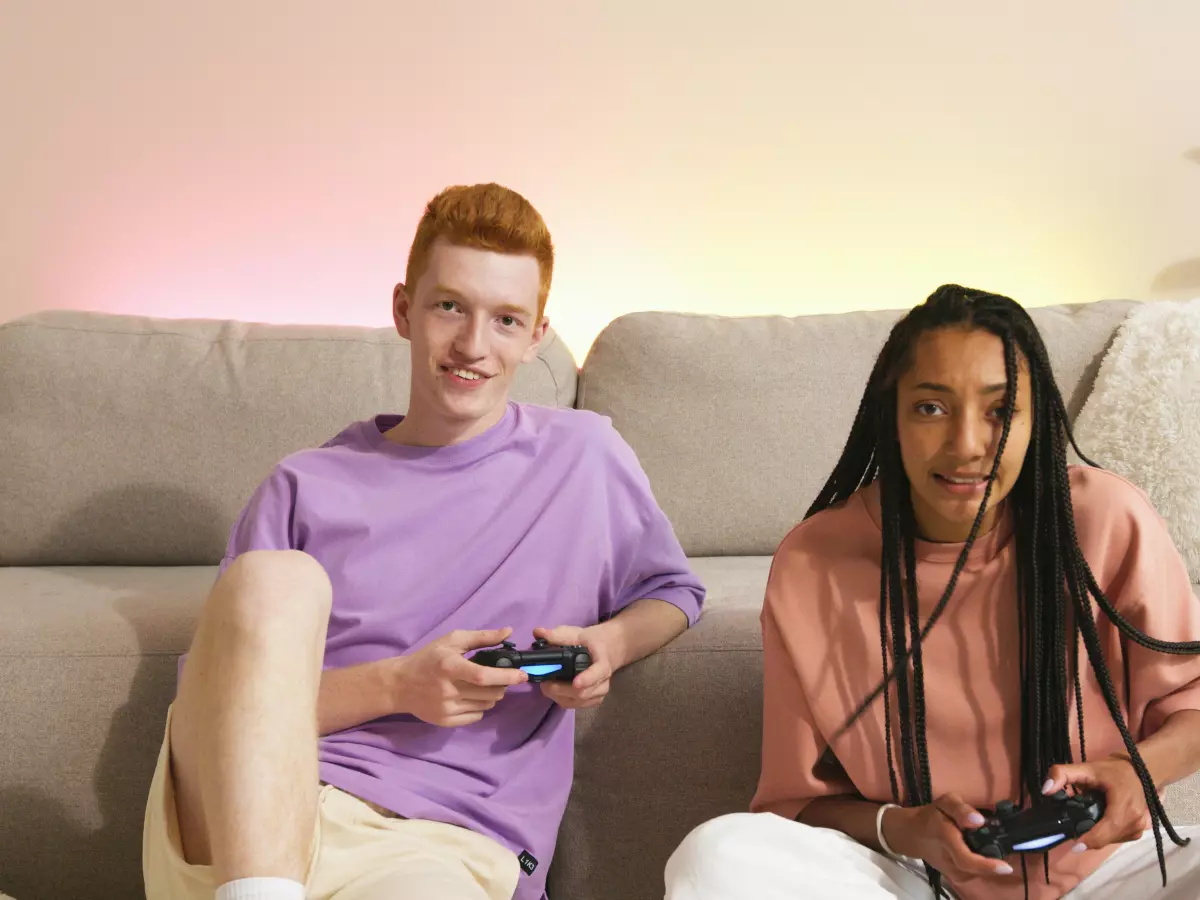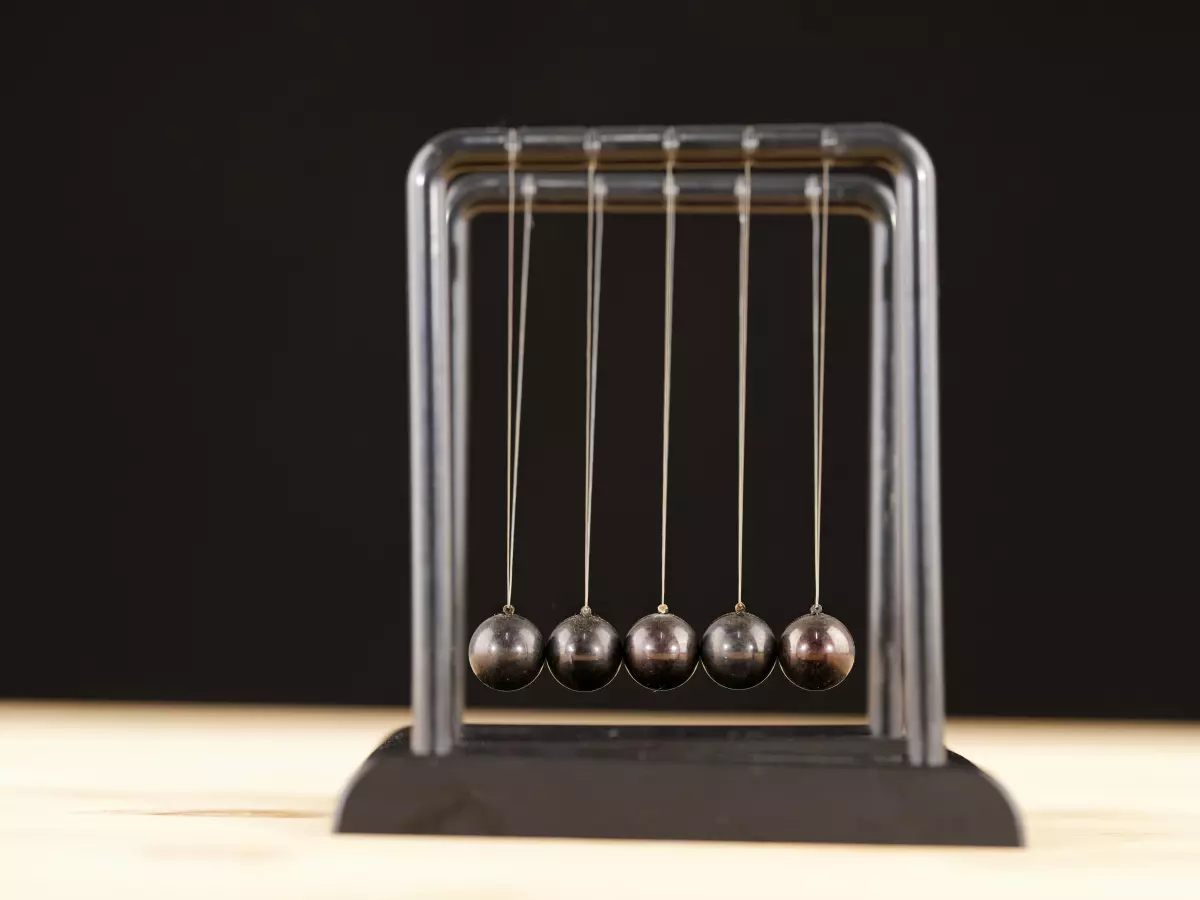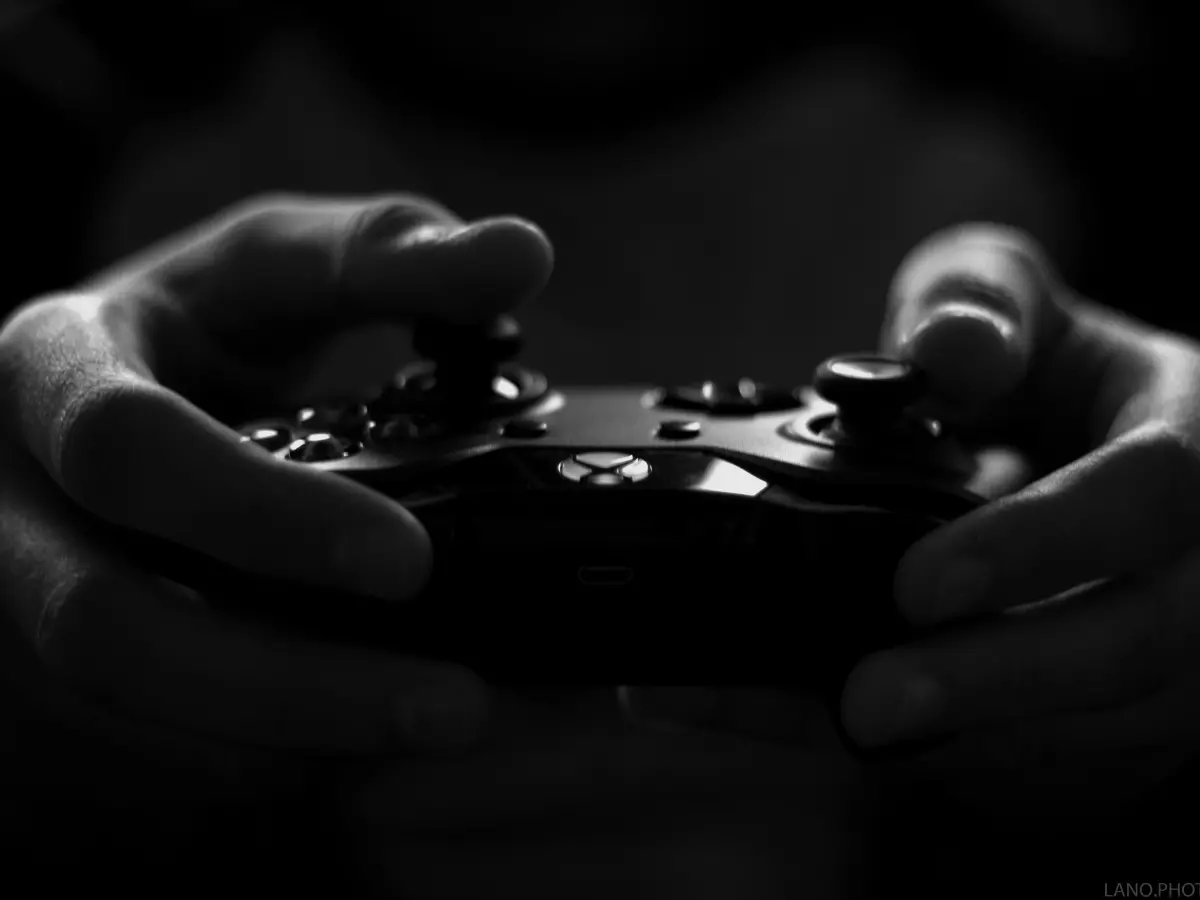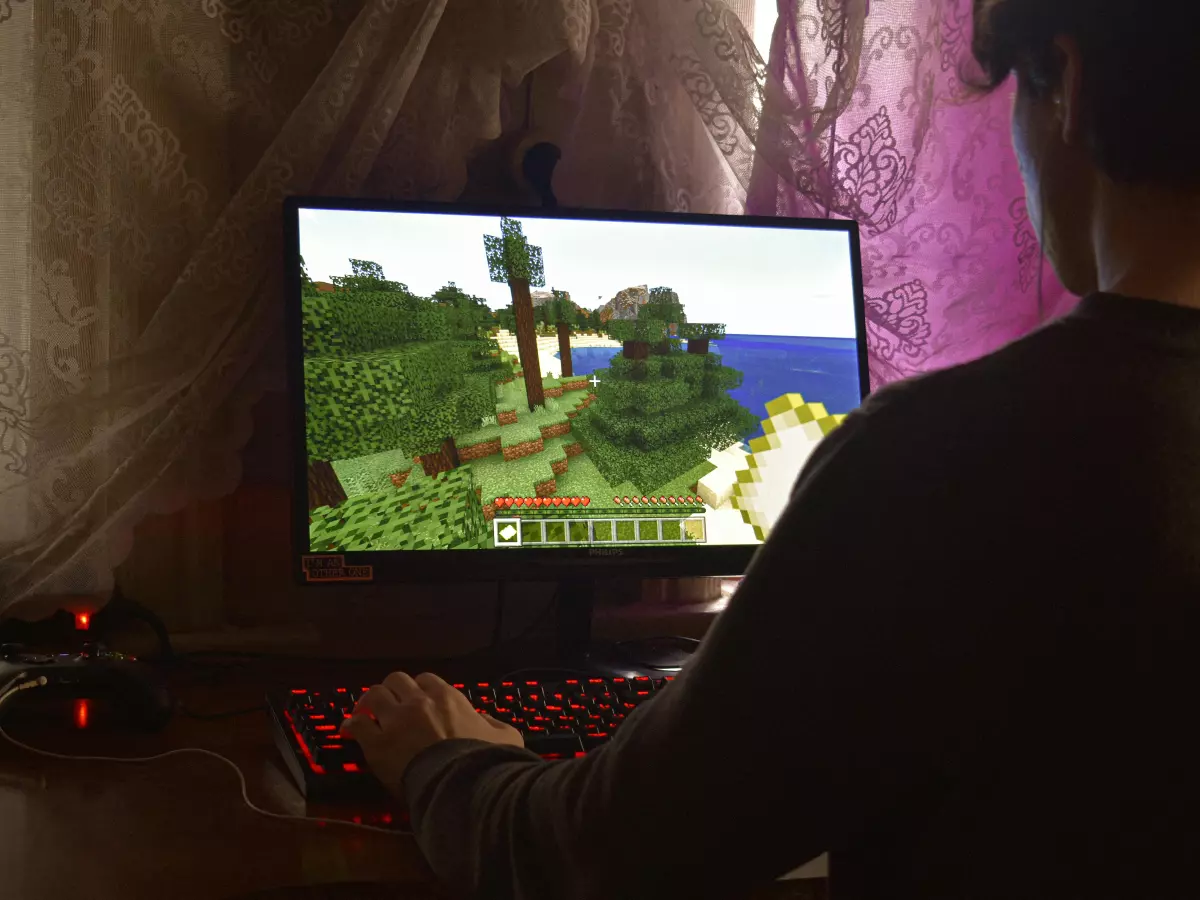Gaming and Mental Health
Video games aren't the mental health villain we've been led to believe.
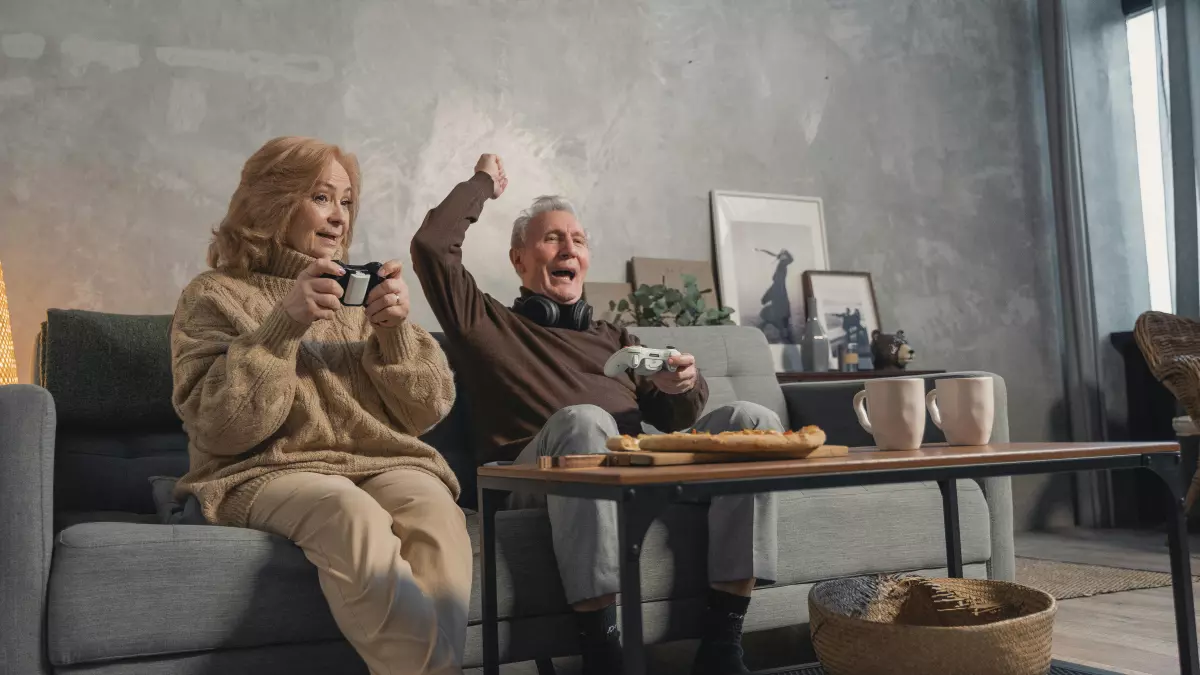
By Dylan Cooper
For years, video games have been painted as the bad guys in the mental health conversation. Parents, teachers, and even some health professionals have warned us about the dangers of spending too much time in front of a screen, claiming it leads to everything from social isolation to increased anxiety. But what if I told you that video games might actually be doing the opposite? Yeah, you heard me right. According to a recent study published in Nature Human Behaviour, video games could be improving our mental well-being. Mind blown yet?
The study, titled 'Causal effect of video gaming on mental well-being in Japan 2020-2022,' is the most comprehensive investigation to date on the relationship between gaming and mental health. And guess what? The results are pretty surprising. The researchers found that gaming had a positive impact on mental well-being, challenging the long-held belief that gaming is detrimental to our mental health. This study is a game-changer (pun intended) for how we think about gaming and mental health.
But wait, there's more. Another study has shown that video games can even help reduce symptoms of post-traumatic stress disorder (PTSD). Yeah, you read that right. A single treatment session that included playing the classic game Tetris helped healthcare professionals, who were working during the COVID-19 pandemic, reduce their PTSD symptoms. If that’s not a plot twist worthy of a blockbuster game, I don’t know what is.
So, what does this all mean? Well, for starters, it means that we might need to rethink the way we talk about video games. For years, the narrative has been that gaming is bad for your brain, bad for your social life, and bad for your mental health. But these studies suggest that the opposite might be true. Video games could actually be a tool for improving mental well-being, helping people cope with stress, anxiety, and even trauma.
Now, before you go and tell your parents that science says you should play more video games, let’s be clear. This doesn’t mean that all gaming is good for you, or that you should spend 12 hours a day glued to your console. Like everything in life, moderation is key. But what these studies do suggest is that video games aren’t the mental health boogeyman they’ve been made out to be. In fact, they might just be the hero we didn’t know we needed.
So, is it time to change the way we think about video games and mental health? Could gaming actually be a force for good in the battle against mental illness? The science seems to suggest so. And honestly, it’s about time we started giving video games the credit they deserve. After all, they’ve been leveling us up for years. Maybe it’s time we let them do the same for our mental health.
What do you think? Could video games really be the key to better mental health, or is this just another passing trend? Only time—and more research—will tell.

